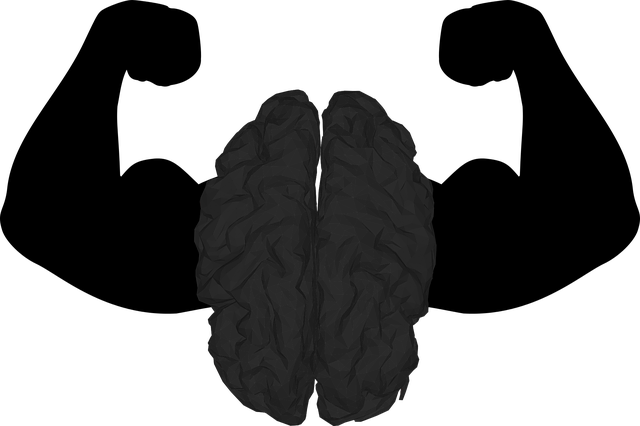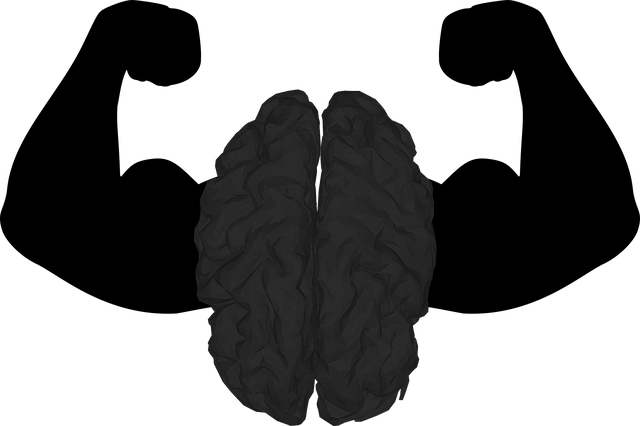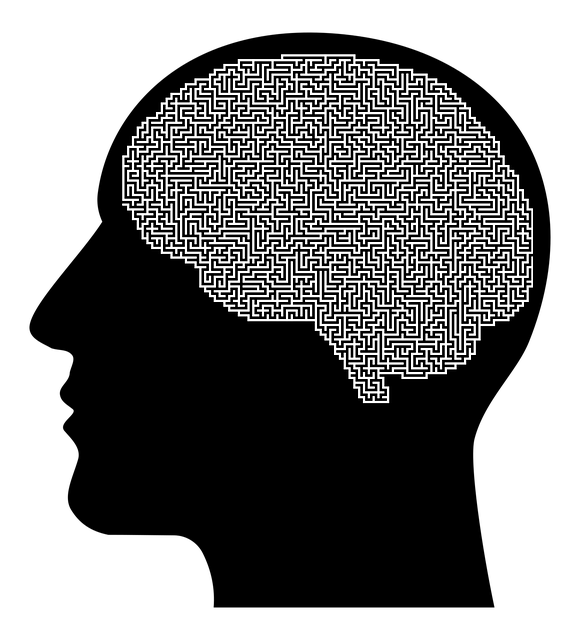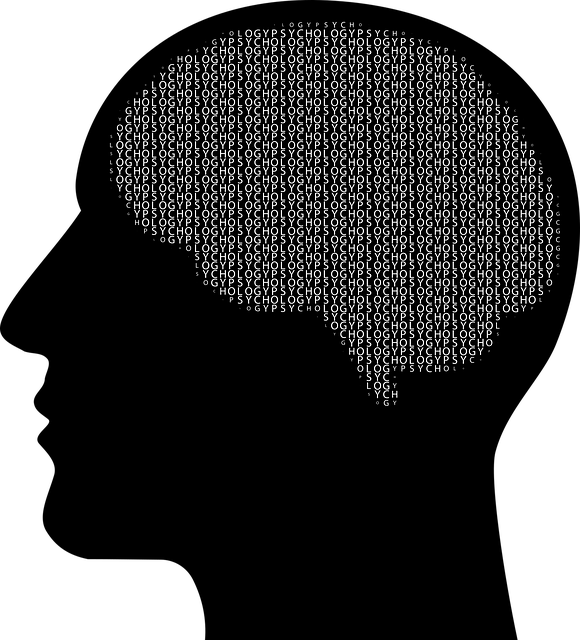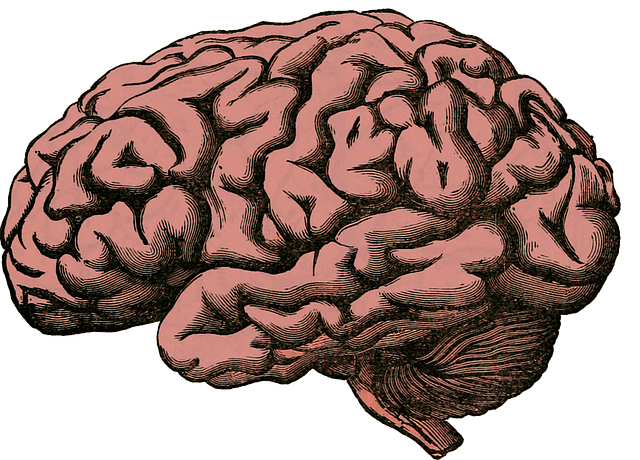In today's healthcare landscape, cultural competency is vital for treating Mandarin Chinese-speaking adults. Going beyond language skills, it involves understanding their social, historical, and political contexts. Effective risk management through cultural sensitivity improves communication, interpretation services, and therapeutic methods, leading to better patient outcomes and relationships. Mandarin Chinese-speaking therapists bridge cultural gaps, enrich staff satisfaction, and provide tools for conflict resolution. Overcoming challenges like language gaps and differing health perceptions requires training, cross-cultural awareness, qualified interpreters, and inclusive programs. Comprehensive cultural competency training for healthcare providers includes workshops, role-playing, self-care routines, and addressing family dynamics to enhance communication skills. This training significantly improves patient outcomes, fosters community engagement, and creates a more inclusive environment, especially for adults receiving therapy tailored to their Mandarin Chinese-speaking needs.
Healthcare provider cultural competency training is essential in today’s diverse society. As communities become more multicultural, understanding different cultural contexts is crucial for quality patient care. This article explores various aspects of cultural competency, focusing on the unique needs of adult patients with therapists speaking Mandarin Chinese. We’ll discuss challenges, effective training approaches, and the profound benefits—including improved patient outcomes and enhanced community engagement—that result from culturally sensitive healthcare practices.
- Understanding Cultural Competency in Healthcare: A Necessity
- The Importance of Mandarin Chinese Speaking Therapists for Adult Patients
- Challenges and Barriers in Providing Cultural Competent Care
- Training Approaches to Enhance Cultural Sensitivity
- Benefits and Impact on Patient Outcomes and Community Engagement
Understanding Cultural Competency in Healthcare: A Necessity

In today’s diverse healthcare landscape, cultural competency is no longer an option but a necessity. It involves understanding and respecting different cultural beliefs, values, and practices, especially when providing therapy for adults speaking languages other than English, such as Mandarin Chinese. Cultural sensitivity in mental healthcare practice ensures that all patients receive care tailored to their unique backgrounds, fostering better patient-provider relationships and improving outcomes.
For mental health professionals, integrating cultural competency into their training and practice is crucial. It goes beyond simply learning a few language phrases; it requires an understanding of the broader social, historical, and political contexts that shape cultural identities. Effective risk management planning for mental health professionals should incorporate cultural sensitivity to address potential communication barriers, ensure accurate interpretation services, and tailor therapeutic approaches to meet the specific needs of Mandarin Chinese-speaking adults seeking mental wellness support.
The Importance of Mandarin Chinese Speaking Therapists for Adult Patients

Mandarin Chinese speaking therapists play a vital role in providing therapy for adults within diverse healthcare settings. With an increasing population of Mandarin-speaking individuals, especially among immigrant and refugee communities, the demand for therapists who can communicate effectively in this language is rising. This need is not just about overcoming language barriers; it’s a matter of cultural competency and ensuring equitable access to care.
These therapists bring valuable cultural insights and self-awareness exercises that facilitate better understanding between patients and healthcare providers. By incorporating Mandarin Chinese speaking therapists, healthcare organizations can enhance their ability to deliver culturally sensitive services, prevent burnout among staff through improved communication, and even develop effective conflict resolution techniques within a multicultural environment.
Challenges and Barriers in Providing Cultural Competent Care

Providing cultural competent care presents a number of challenges and barriers for healthcare providers, especially when serving diverse communities like those with significant Mandarin Chinese speaking populations. One key obstacle is the language gap, which can hinder effective communication and understanding between patients and caregivers, leading to misdiagnoses or mistreated conditions. This challenge underscores the importance of having qualified interpreters and training in cross-cultural communication skills for all healthcare staff.
Additionally, cultural beliefs and practices vary widely among ethnic groups, impacting how individuals perceive and express their health concerns. Healthcare providers must be adept at navigating these differences to offer therapy for adults that aligns with the patient’s values and background. Failure to do so can result in mistrust, low adherence to treatment plans, and even negative outcomes. Implementing programs like a Community Outreach Program or integrating Mind Over Matter principles into care protocols can help overcome these barriers by fostering a more inclusive and sensitive healthcare environment. Moreover, regular risk assessments for mental health professionals are crucial to identify personal biases and ensure culturally responsive practice.
Training Approaches to Enhance Cultural Sensitivity

Effective cultural competency training for healthcare providers involves a multi-faceted approach to enhance sensitivity and understanding of diverse patient populations. One key strategy is incorporating interactive workshops and role-playing scenarios, allowing professionals to practice communication skills tailored to various cultural contexts, including Mandarin Chinese-speaking communities. These sessions can cover topics such as navigating language barriers, understanding family dynamics in different cultures, and recognizing non-verbal cues specific to each ethnicity.
Additionally, integrating self-care routines into the training curriculum is essential for better mental health, self-esteem improvement, and anxiety relief among healthcare workers. Encouraging a holistic approach to well-being enables professionals to better serve diverse patients by fostering empathy, patience, and resilience in their own personal and professional lives, particularly when dealing with therapy for adults speaking Mandarin Chinese.
Benefits and Impact on Patient Outcomes and Community Engagement

Healthcare provider cultural competency training offers significant benefits for patient outcomes and community engagement. By equipping professionals with the skills to understand and respect diverse cultural backgrounds, this training fosters a more inclusive healthcare environment. This is particularly crucial in communities with high proportions of Mandarin Chinese speaking adults who may face barriers to accessing quality care due to language differences and cultural misunderstandings.
Cultural competency enhances therapy for adults by promoting self-esteem improvement and stress management. It ensures that mental healthcare practices are culturally sensitive, addressing the unique needs and concerns of diverse populations. This approach not only improves patient satisfaction but also encourages community members to actively engage in their health and wellness initiatives, ultimately leading to healthier communities.
Cultural competency training is a vital tool in enhancing healthcare services, especially for communities with diverse linguistic backgrounds. As highlighted, integrating Mandarin Chinese-speaking therapists into adult patient care not only overcomes language barriers but also significantly improves patient outcomes and fosters community engagement. By addressing challenges and implementing effective training approaches, healthcare providers can deliver more culturally sensitive and inclusive care, ultimately benefiting all patients regardless of their linguistic or cultural background. This enhanced cultural sensitivity is a game-changer in the world of therapy for adults speaking Mandarin Chinese, ensuring that these individuals receive the highest quality of care.


